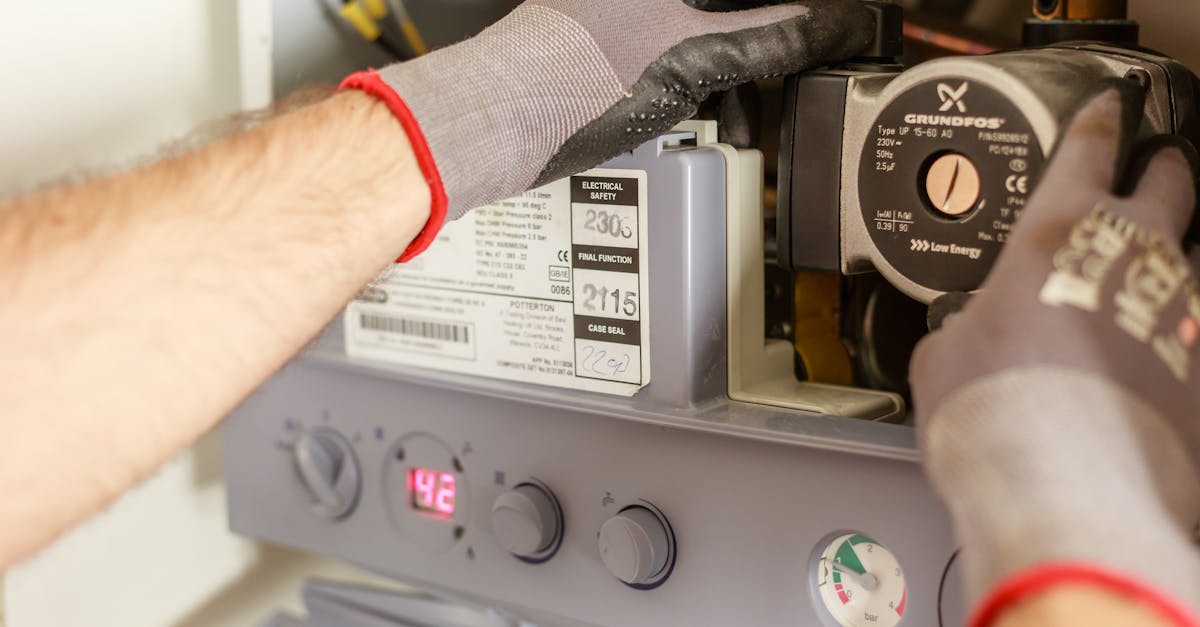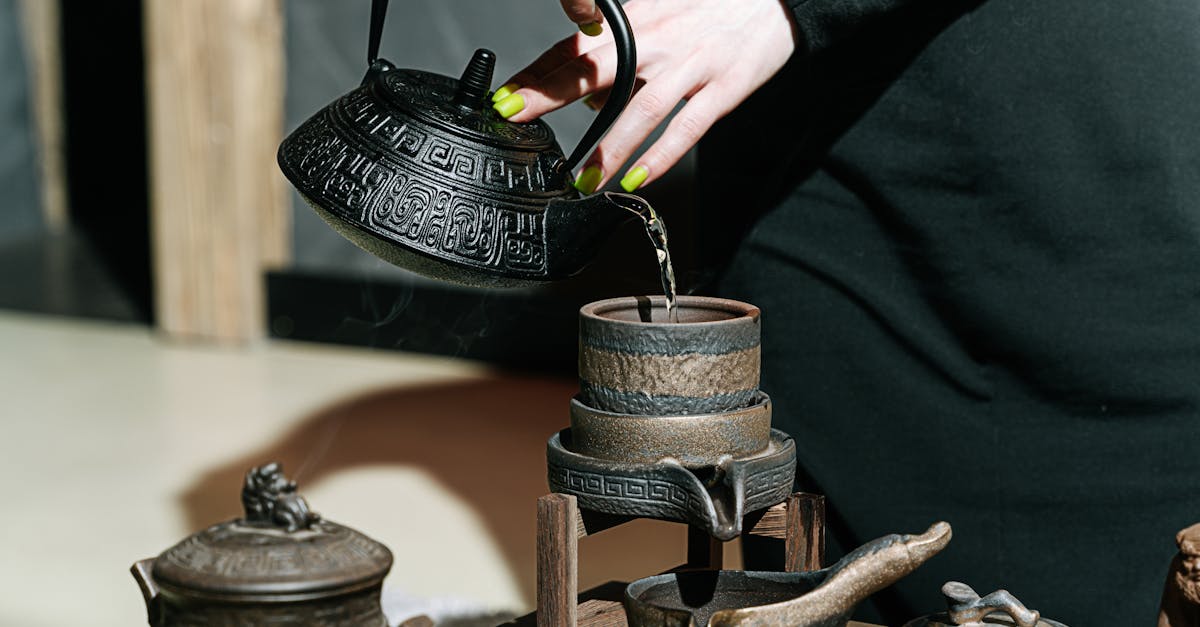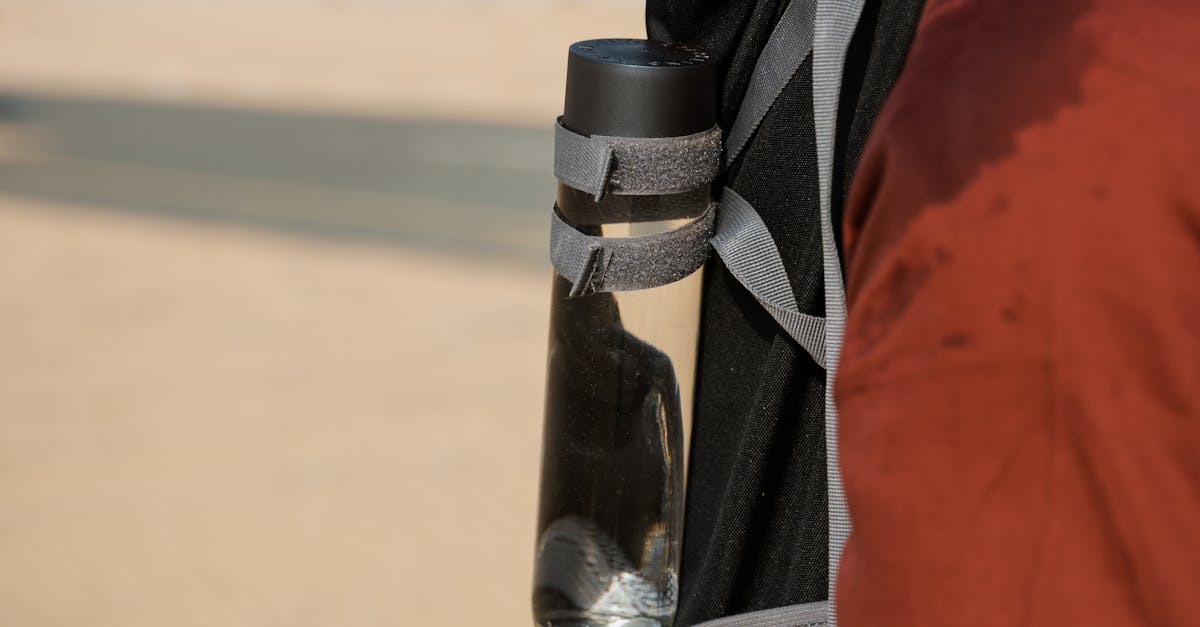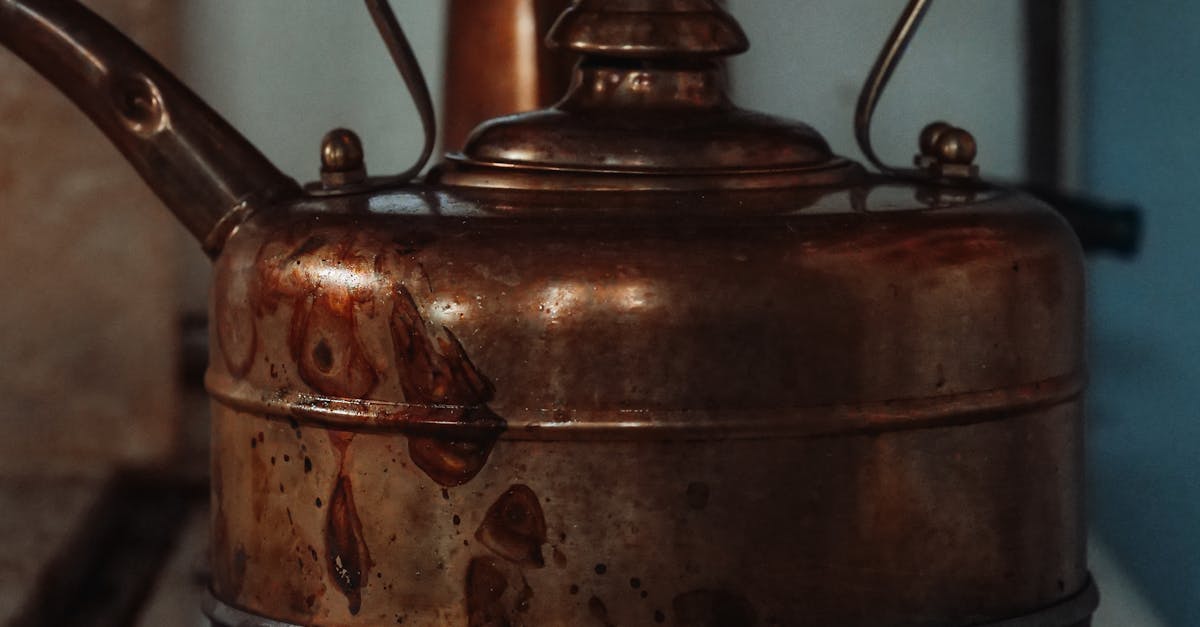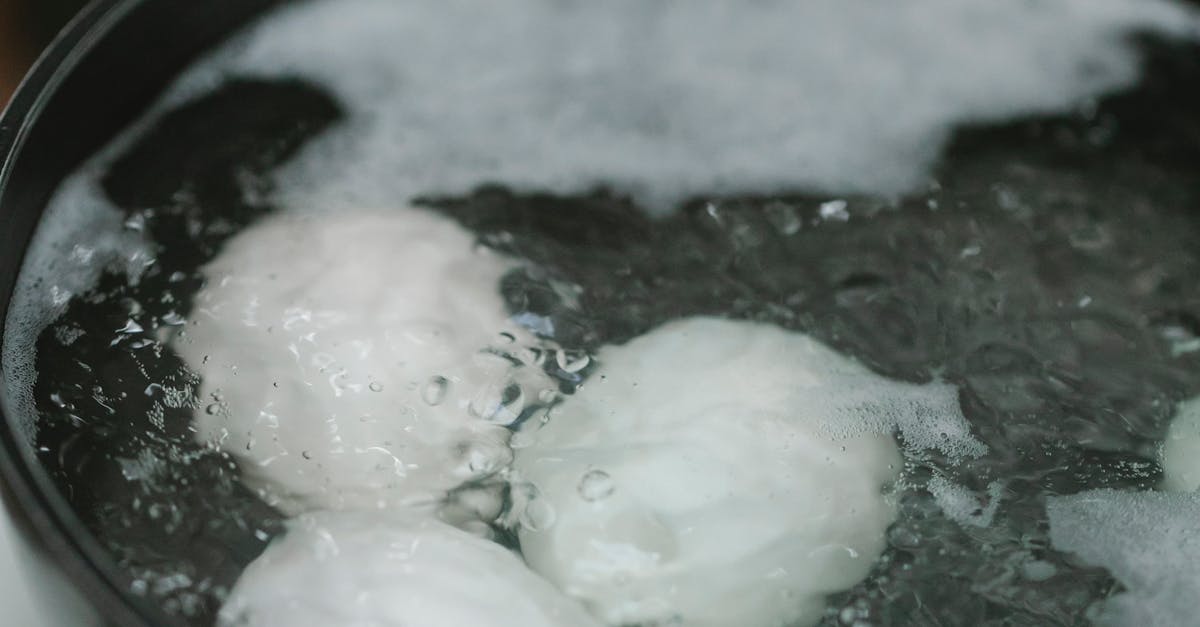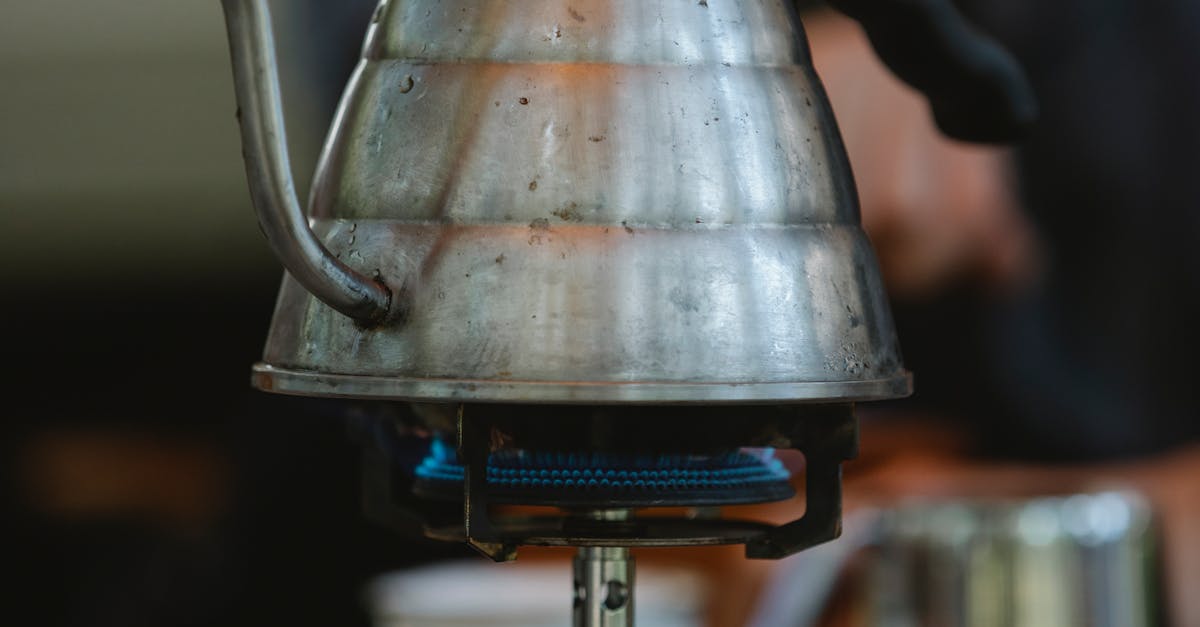
Table Of Contents
Age of Your Water Heater
The age of your water heater plays a significant role in determining whether it requires a new heating element. Most standard models typically last between 8 to 12 years, depending on usage and maintenance. Regular servicing can extend lifespan but will not eliminate wear and tear. If your unit is nearing the end of its expected life, it may become less effective at heating water efficiently. Consider consulting a hot water plumber for guidance on the condition of your system, especially if you notice a decrease in performance.
As your water heater ages, the signs of deterioration may become more apparent. Frequent temperature fluctuations or inconsistent hot water supply are common indicators that part replacements may be needed. If your appliance is over a decade old and starts exhibiting these issues, it is wise to seek professional advice. A hot water plumber can assess the internal components and recommend the best course of action, whether it’s replacing the element or considering a new unit altogether.
Understanding Lifespan Expectations
The lifespan of water heater elements often varies by brand and model. Generally, you can expect an element to last around 5 to 10 years, depending on usage and maintenance. Regular inspections can help detect issues early, potentially extending the life of the heater. If yours is approaching this average lifespan, it might be time to consult a hot water plumber to evaluate its condition and efficiency.
Frequent issues can indicate that the element is nearing the end of its useful life. If you notice fluctuations in water temperature or inconsistent flow, these could be signs of element failure. A hot water plumber can provide insights on whether repairs are viable or if a replacement would be the better option, ensuring your hot water supply remains reliable.
Reliability of Hot Water Supply
A reliable hot water supply is essential for daily activities such as bathing and cooking. If you notice variations in water temperature or inconsistent supply, it could indicate a failing heating element. Regularly experiencing lukewarm or cold water when you expect a hot shower signals that something is amiss. Getting in touch with a qualified hot water plumber can help identify any underlying issues with your system.
It's important to pay attention to the behaviour of your hot water system. If the hot water is intermittent or takes longer to heat up, these could be signs of an element that is nearing the end of its life. A hot water plumber can perform tests to assess the functionality of your heating elements and recommend whether a replacement is necessary. Addressing these issues promptly can prevent further complications and ensure a consistent supply of hot water.
Evaluating Consistency During Use
When assessing the reliability of your hot water supply, the consistency of the water temperature can be a key indicator of a potential issue with your heater's element. If you've noticed fluctuations in water temperature during use, especially if the water goes from hot to lukewarm unexpectedly, it might suggest that the heating element is struggling to maintain the right temperature. Regular usage patterns should yield a steady supply of hot water; any changes could signal a problem that warrants further investigation.
A hot water plumber can provide valuable insights if inconsistencies persist. They can perform a thorough inspection of your system, checking for any underlying issues related to the heating element. Be attentive to any changes in the performance of your hot water supply, as they can be early warnings of a failing element that may soon need replacement.
Visual Inspection of the Heating Element
When examining the heating element of your water heater, a visual inspection can reveal critical insights. Look for any signs of corrosion or mineral build-up, which can indicate that the element is struggling to function efficiently. Discolouration or pitting on the surface may also suggest deterioration. A thorough evaluation of these aspects is necessary to determine whether the element is still in good condition.
If you notice these issues, it is advisable to consult a hot water plumber. They can provide professional advice regarding the state of your heating element and recommend whether repairs or replacements are necessary. Regular maintenance can help extend the lifespan of your water heater, making it essential to stay proactive about any visible issues.
Signs of Corrosion or Damage
When assessing the condition of your water heater's heating element, visual inspection plays a crucial role. Look closely for any signs of corrosion or damage, as these can indicate deterioration that affects performance. Discolouration, rust, or unusual deposits on the element's surface are telltale signs that could compromise its efficiency. A damaged element may struggle to produce adequate heat, leading to lukewarm water across your home.
If you notice any of these issues, it is advisable to consult a hot water plumber. They can provide a professional assessment and determine whether a replacement is necessary. Addressing problems early can prevent more extensive damage and ensure your hot water supply remains reliable. Engaging with an expert not only ensures safety but can save you money in the long run by addressing potential issues proactively.
FAQS
How can I tell the age of my water heater?
You can usually find the age of your water heater by checking the manufacturer's label attached to the unit. This label often includes a serial number that can be decoded to reveal the manufacturing date.
What is the typical lifespan of a water heater?
The average lifespan of a water heater is typically between 8 to 12 years, although this can vary based on the type of water heater and maintenance practices.
What signs indicate that my hot water supply is inconsistent?
Signs of an inconsistent hot water supply include fluctuating water temperatures, running out of hot water quickly, or experiencing cold bursts during a shower.
How do I perform a visual inspection of my water heater’s heating element?
To inspect your heating element, turn off the power supply to the water heater, and then remove the access panel. Look for any signs of corrosion, burn marks, or physical damage on the element itself.
What should I do if I notice corrosion on my water heater element?
If you notice corrosion on your water heater element, it’s advisable to replace it promptly to avoid further damage to the water heater and ensure a consistent hot water supply. It’s best to consult a professional plumber for this task.
